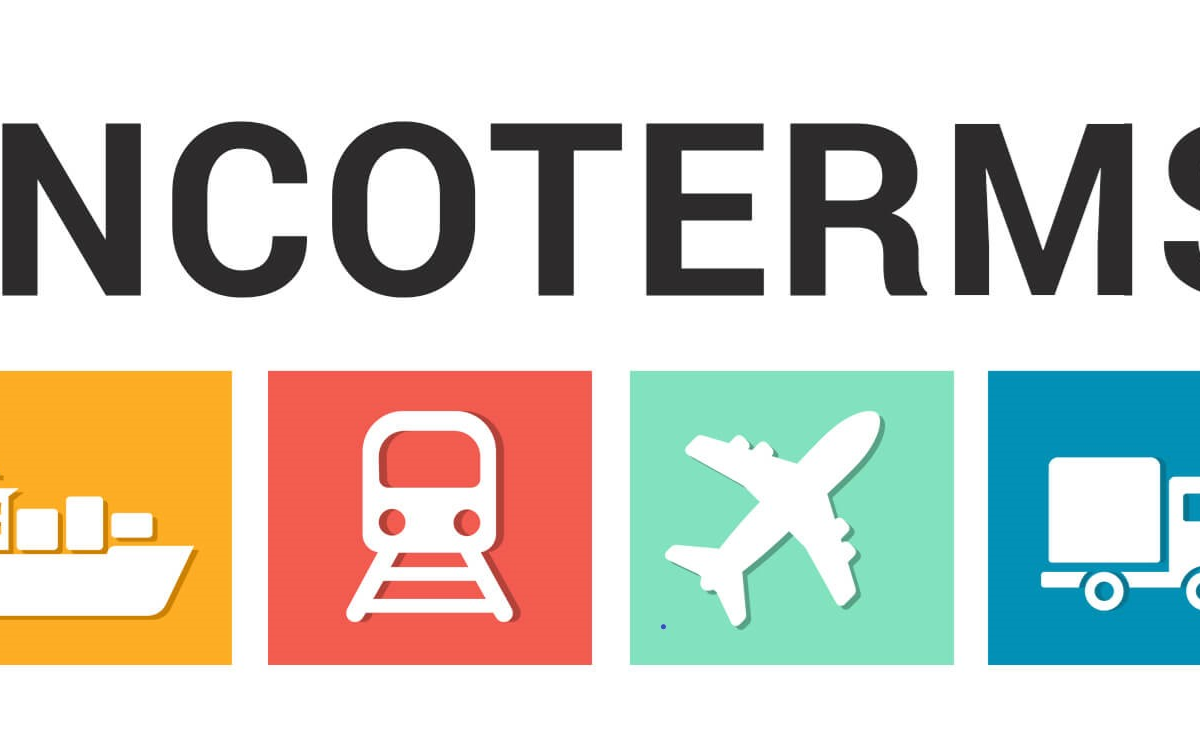This article is written by Austin Garcia
In a bold move to counter China’s trade practices, U.S. Trade Representative Katherine Tai has thrown her full support behind Canada’s recent decision to slap hefty tariffs on Chinese-made electric vehicles (EVs) and metals. This endorsement comes as the U.S. gears up to finalize its own similar duties. Canada has announced a 100% tariff on Chinese-made EVs and a 25% tariff on Chinese steel and aluminum. This is part of a broader strategy to protect domestic industries and address concerns over China’s trade practices, which have been criticized for being unfair and harmful to North American manufacturers.
These tariffs on Chinese EVs and metals are likely to have several impacts on consumers. For starters, tariffs increase the cost of imports, which often leads to higher prices for consumers. For example, the cost of Chinese-made EVs and metals will rise, making these products more expensive for consumers. Additionally, as prices increase, the consumer surplus (the difference between what consumers are willing to pay and what they actually pay) decreases. This means consumers get less value for their money. Furthermore, higher tariffs can reduce the availability of imported goods, leading to fewer choices for consumers. This is particularly relevant for specialized products like certain EV models that may not have many alternatives. On the positive side, domestic industries may benefit from reduced competition, which could lead to improvements in the quality of locally produced goods as they strive to meet consumer demand.
However, higher prices for metals can affect various industries, leading to increased costs for products that use these metals, such as electronics and construction materials. This can have a broader economic impact, affecting everything from housing prices to the cost of consumer electronics. Katherine Tai, the U.S. Trade Representative, praised Canada’s decision, highlighting the importance of a united front in addressing trade imbalances and protecting key industries. “Canada’s decisive action sets a strong precedent,” Tai stated. “By imposing these tariffs, Canada is taking a stand against unfair trade practices and supporting the growth of our domestic industries.”
The U.S. is expected to follow suit with similar tariffs on Chinese EVs and metals. This coordinated effort between the U.S. and Canada aims to create a level playing field for North American manufacturers and reduce dependency on Chinese imports. The tariffs are also seen as a strategic move to encourage the development of domestic supply chains for critical industries. The response from industry leaders has been largely positive. Many see the tariffs as a necessary step to protect domestic jobs and promote fair competition. However, some have expressed concerns about potential retaliatory measures from China and the impact on global trade relations.
The endorsement from the U.S. Trade Representative Katherine Tai underscores the significance of Canada’s decision to impose steep tariffs on Chinese EVs and metals. As the U.S. prepares to implement similar measures, the coordinated effort between the two countries marks a pivotal moment in addressing trade imbalances and supporting domestic industries.
Nearshoring can be an effective strategy to mitigate the impact of tariffs. By relocating manufacturing and production closer to the consumer market, companies can avoid high tariffs on imports from countries like China. For instance, manufacturing goods in Mexico rather than China allows companies to take advantage of the free trade agreement between the United States, Mexico, and Canada (USMCA), thereby avoiding tariffs.Nearshoring also offers additional benefits such as reduced transportation costs, shorter supply chains, and fewer cultural and language barriers. This strategy can help companies maintain competitive pricing and ensure a more stable supply chain, ultimately benefiting both businesses and consumers.
Strategic decision-making and collaboration are crucial for navigating these challenges and ensuring growth and success in the globalized supply chain. With careful management and informed policy decisions, there are opportunities for growth and success in the complex landscape of global manufacturing as a whole. Here at TradeFlex, we can guide and help overcome the possible issues that may arise in the future and provide a long lasting partnership that will help overcome any obstacle. With our El Paso and McAllen, Texas locations, we deliver the best dedicated and reliant teams no matter your location. We are always ready to share a helping hand. Visit us at https://trade-flex.com/ for more details.



